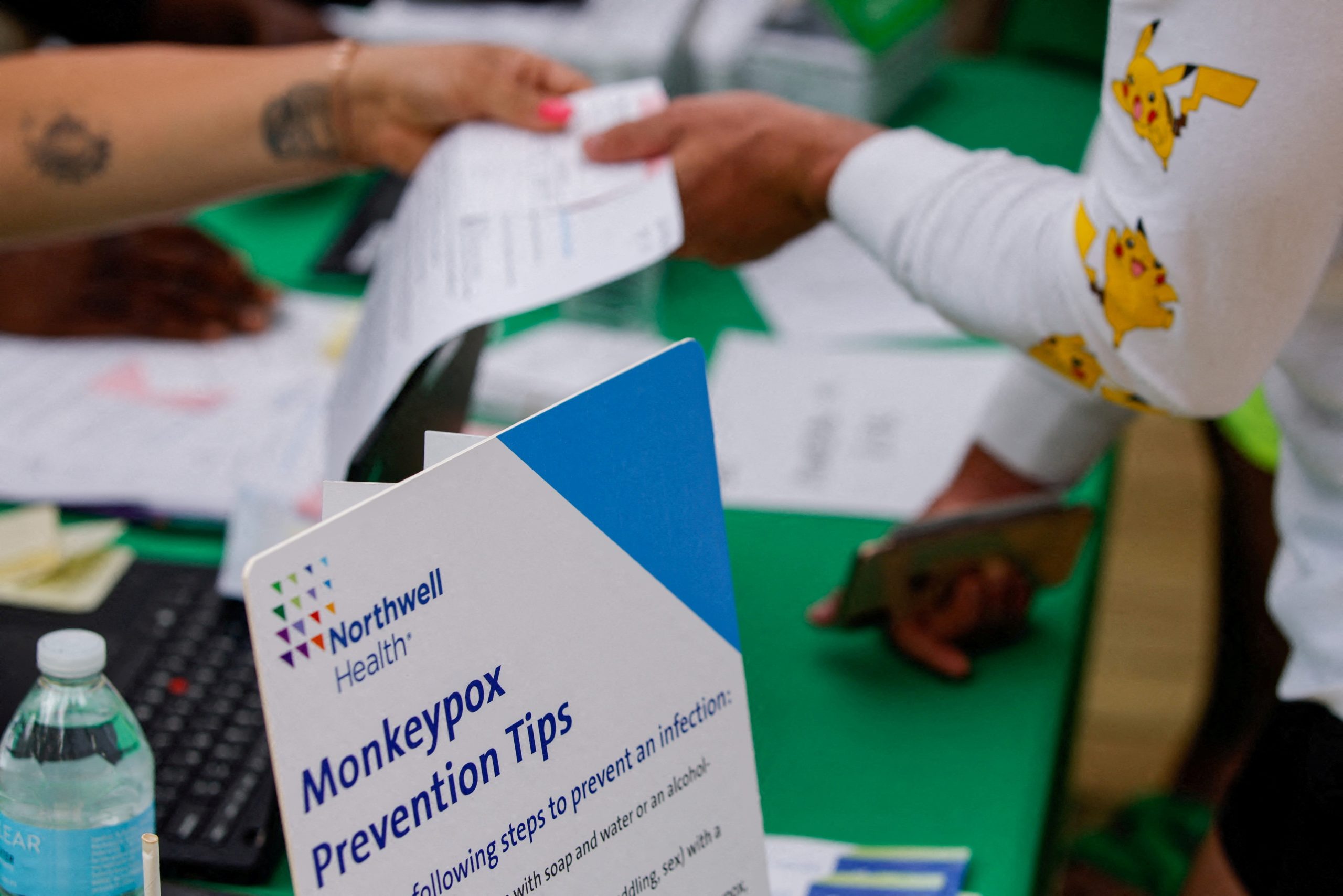
Lauren Dempsey, MS in Biomedicine and Law, RN, FISM News
[elfsight_social_share_buttons id=”1″]
In June, a group of 29 scientists called for the “urgent need for a non-discriminatory and non-stigmatizing nomenclature for monkeypox virus” in an open letter to the general public, the African CDC, and the World Health Organization.
Their recommendations were to use “best practices in naming of infectious diseases in a way that minimizes unnecessary negative impacts on nations, geographic regions, economies, and people and that considers the evolution and spread of the virus.”
The WHO is planning to rename the disease itself, providing an open forum for the public to submit suggestions. The organization will also need to rename the virus that causes monkeypox, it said.
Viral species are named by the International Committee on the Taxonomy of Viruses (ICTV), which is currently in the process of determining a new name for the virus.
The WHO assembled a group of experts this week that included virologists and public health experts and has already given new names to variants of the monkeypox virus, which take effect immediately.
The experts decided that the Congo Basin variant will be recognized as “Clade I” and the West African variant will now be recognized as “Clade II.” The term clade refers to an organism and all of its descendants. The current global outbreak is from the variant Clade IIb.
Some have criticized the WHO for worrying more about political correctness than saving lives.
https://twitter.com/kevdjenkins1/status/1558764305939677184
Many infectious diseases throughout history have been named for geographic locations where they were known, or thought, to have originated. However, many world healthcare bureaucrats are now warning that doing so can be dangerous due to the potential for discrimination and stigmatization of certain groups of people.
Early on in the COVID-19 pandemic, the WHO cautioned against calling the virus the “China virus” or the “Wuhan virus” for fear that it would lead to discriminatory racial profiling, despite both labels being factually correct nods to the virus’s origin.
With this in mind, some have argued that many are not taking this outbreak seriously because currently it almost exclusively affects men who have sex with other men. In fact, 98% of reported cases during the recent outbreak have been in men who have sex with other men, according to the New England Journal of Medicine.
Prior to the current outbreak, monkeypox was a problem that only affected African countries, where it was previously considered endemic.
In an announcement, the WHO said that the goal of renaming falls in line with the current practice of naming viruses, highlighting the importance to “aim to avoid causing offense to any cultural, social, national, regional, professional, or ethnic groups, and minimize any negative impact on trade, travel, tourism, or animal welfare.”
The virus was first identified in 1958 with the first human case in 1970. However, rodents and monkeys can both carry the disease, and researchers have never identified the natural host.
Prior to 2022, monkeypox cases have almost always been linked to travel to countries where the disease is common or through imported animals. According to the CDC, there have been 12,689 cases of monkeypox in the U.S. as of August 16th, as well as 38,019 global cases.
A small number of U.S. monkeypox cases have been reported among children and women. President Joe Biden’s Administration declared monkeypox a public health emergency earlier this month. The WHO also declared monkeypox a public health emergency, despite its own special advisory committee recommending that it did not.
